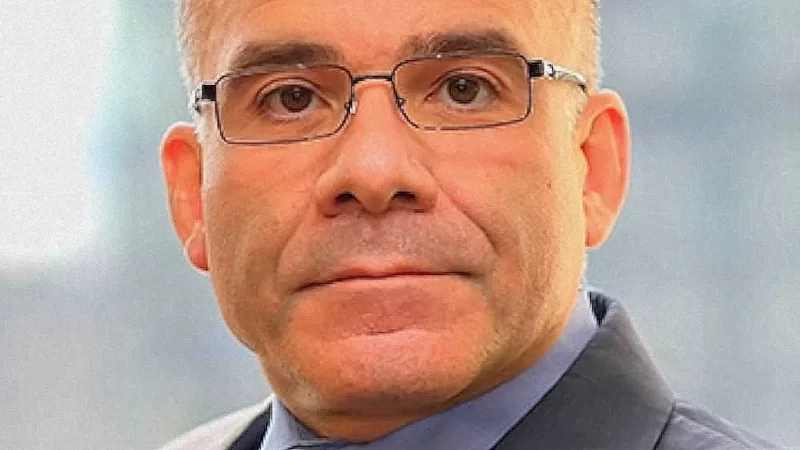
I was born in So. California and had a non-eventful childhood. At 13, I borrowed my Dad’s Super 8 camera and made live action as well as pixilation films (like Gumby). I would routinely gather the neighborhood kids together and direct, film, and edit these homemade movies for everyone’s enjoyment. My favorite was the great bank robbery using nail polish bottles as the leading characters
Quick Studio Tour #dji #osmo #ideawerksstudioshttps://t.co/EJ54rOJZdc pic.twitter.com/jaDv9AWGAR
— Bill Nissim (@IdeaWerksStudio) March 1, 2017
How would you describe your work as a producer or agent
I began my career with industrial films such as corporate overview (talking head), product launches, and parody films for company events. On the side, I produced three short films and several spec commercials. At present, I’m producing 45 – 60 second vignettes to promote my science fiction novel called “Our Time is Near.” We primarily use a combination of live action and VFX.
How did you get into producing
From my teens, I felt a kinship with the process of producing Hollywood films. For example, after watching Star Wars in the theatre, I ran home and built an imperial star destroyer out of cardboard, a black cloth as space, and white Christmas lights poking through the sheet to simulate a star field. With a makeshift dolly, I re-created the opening scene of the movie. From that moment on, I wanted to produce films.
Did you study producing? What did you study?
I educated myself from reading library books on filmmaking and trial-and-error behind the camera. I took classes on lighting, camera movement, and editing. In later years, I turned to Lynda.com and tutorials on You Tube. I also read articles on how famous scenes where filmed and techniques used by certain directors.
How do you choose a project to produce
I typically write my own scripts or stories and convert them into storyboards and shot lists. I am very pragmatic when it comes to working within a budget, sticking to a schedule, and managing resources. As such, I don’t take on high-risk projects and will turn down opportunities if they sacrifice quality or production value. Also, I must be passionate about the project and as a result, will work over-time to make sure the original vision was accomplished.
Describe a few wrong impressions about producing
The common thread that producers must endure is project logistics. Actors, writers, directors and crew work within the moment to deliver a performance and are generally unaware of the limited budget, resources, and time allocation required to accomplish the finished product. The producer must constantly balance artistic latitude against business rationale.
Do you take courses to improve your craft
Several years ago, I attended a workshop called “The art of Visual Storytelling” hosted by Alex Buono who is the DP at SNL live film unit. With regard to editing, Adam Epstein’s “The Cutting Edge” workshop. Finally, Vincent Laforet’s “Directing Motion” focused on camera movement in a dynamic and engaging way. I am constantly educating myself on film techniques in order to deliver a more impactful and meaningful piece.
What books do you read
Color Correction Handbook by Alexis Van Hurkman, The Visual Story by Bruce Block, Cinematic Storytelling by Jennifer Van Sijll and Talk Like Ted by Carmen Gallo.
How do you keep in shape as a producer
Constantly being in the “game” helps to sharpen your skills and perpetuates continuous learning. While watching TV or at the movies, I’m analyzing how a scene was shot; lighting, camera movement, placement of actors, color palette, musical bed and delivery. If I’m lost in the film, then the director did their job right!
What do you look for when you choose an actor, writer or director
I look at past experience and projects. For actors, having a background in theatre tells me they have a great capacity for long dialogue while staying in character. Writers vary since I select based on the genre
How do you go about a project when you accepted the offer
Three steps; understand all the requirements and put that in writing, secondly, research what is involved to produce the project (resources, people, money), and finally, provide a conservative estimate that will require refinement once more details are available. In this manner, the client has a clear understanding of project breadth and depth, needs and expectations are understood, and an upfront contract can be established. I find that following this process enables me to achieve the client’s goals and vastly reduces uncertainty.
What thing or situation helps your work on a production
Organization: I over-plan the production from the start, which leaves little to chance. The benefit is having extra time in the schedule to add special camera moves or running a scene somewhat off script to improve delivery or effect. We use our shot list to assure primary coverage is attained, and with the extra time, add pick-up or specialty shots (jib crane or hand-held) to make the scene more interesting and engaging. In post, we are glad to have these bonus shots and the client tends to smile more during the preview.
Explain a creative choice you took on set of a recent production
We spent five days and $41,000 to produce 6 short educational films at a studio in Orange County. Each day we had time at the back-end to “get creative.” We rigged a dolly shot for the opening scene one day and jib to grab several OTS shots in hard to reach set locations. The outcome enabled the editor to have more variety in coverage and the additional movement provided a more dynamic scene.
How do you advice actors to find projects
We use LA Casting for all of our talent. In addition, we have a binder filled with actors that were used on prior projects that were deemed as dependable, always deliver lines on cue, and more professional.
How can filmmakers finance their projects
Most shorts I produced were self-funded. You can try Kick-starter, indiegogo, daily film TV, moviefund or others.
What do you want from a director during production
Constant communications and problem solving skills. Although you want them to have the latitude to direct, feedback during challenging situations or setbacks is critical to keep a production moving forward.
How do you prefer to work with a director during a production
Partnership. Need a strong connection in vision, planning, and execution.
Do you get offers from overseas
No. Most of my work is either B2B or self-created shorts. I suspect that day will come once one of my projects makes news within the industry. We can always dream…
What can an actor do to get into the industry
Simple. Be professional, know your lines, and network like crazy. Indie films are always on the lookout for affordable talent as well as industrial productions. Take a variety of work, despite the wage, to build and hone your craft.
Who is your favorite producer
My top three producers are Steven Spielberg, George Lucas, and James Cameron. They all had to start from scratch and work their tails off to make a name for themselves. Also, great storytelling and attention to detail are earmarks of managing a well-run production.
INTERVIEWS
Interview with Immediate Family Film Producer-Musicians Greg Richling, and Jonathan Sheldon
Principals of the new Film & TV music-driven Documentary Production Company Pfonetic






